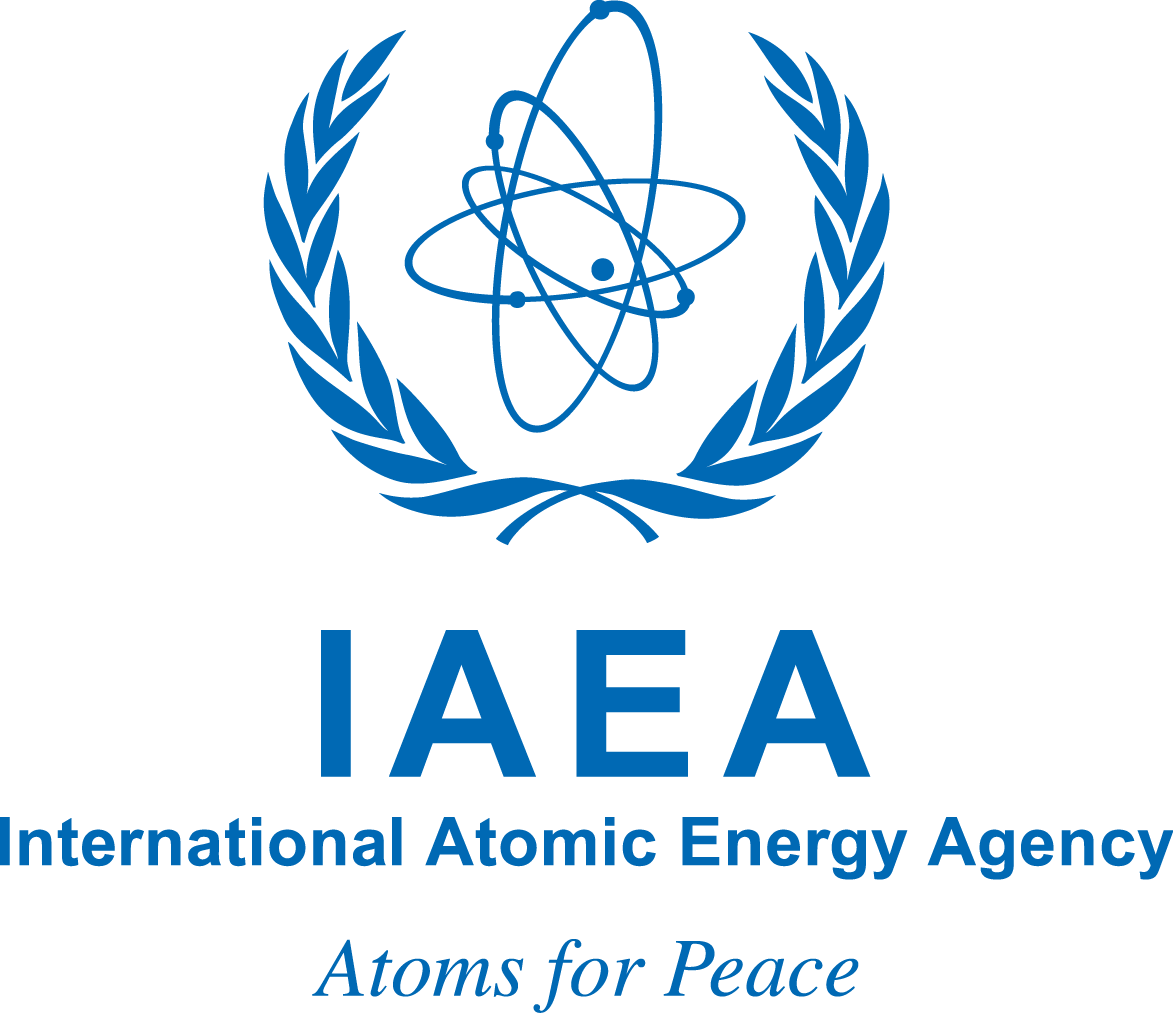An International Atomic Energy Agency (IAEA) team of nuclear experts has just completed a follow-up review of long-term operational safety at the Ascó nuclear power plant in Spain. The team reviewed the plant’s owners and operators’ responses to recommendations and suggestions made during a Safety Aspects of Long-Term Operation (SALTO) mission in 2021.
A SALTO peer review is a comprehensive safety review that addresses strategy and key elements for the safe long-term operation (LTO) of nuclear power plants. SALTO missions complement IAEA Operational Safety Review Team (OSART) missions. OSART missions are designed as a review of programs and activities essential to operational safety. SALTO peer reviews can be executed at any time during the lifetime of a nuclear power plant. However, according to the IAEA the most suitable time lies within the last ten years of the plant’s originally licensed operating period. SALTO and OSART reviews are undertaken at the request of the IAEA member country in which the review is to take place.
The Ascó plant consists of two Westinghouse pressurized water reactor units with an installed capacity of about one thousand thirty megawatts. Unit 1 entered commercial operation in 1984. Unit 2 entered commercial operation in 1986. Operator Asociación Nuclear Ascó-Vandellós II (ANAV) plans to extend the operation of both units beyond the initial forty-year lifetime. Unit 1 is currently authorized to continue to operate until 2030. Unit 2 is licensed until 2031. A September 5 to September 8 review was requested by the plant’s operator. The SALTO team focused on aspects essential to the safe LTO of both units. The team reviewsed implementation of recommendations made during the SALTO review mission. It had built upon an initial Pre-SALTO mission in 2019.
The review team was comprised of four experts from the Czech Republic, the Netherlands and Sweden as well as two IAEA staff members. They concluded that twelve of the fourteen recommendations and suggestions made in 2021 have already been resolved by ANAV. Work is being done with an appropriate progression for the complete implementation of the remaining two issues. The first of these is a comprehensive program to confirm the resistance of electrical components to harsh conditions, referred to as the equipment qualification program. The second is a comprehensive strategy for managing the aging of structural elements of electrical cabinets and panels. The IAEA noted that plant management expressed a determination to address the remaining areas of concern and to continue cooperating with the IAEA on LTO.
Jorge Martínez Casado is the Director of the Ascó plant. He said, “For us this is the last step of the IAEA's supporting service to ensure safe operation of our reactors in the LTO period. The IAEA SALTO missions, and technical cooperation helped to improve our focus on safe operation. We have worked together with the IAEA for the past five years carrying out three missions and several technical discussions. We appreciate the IAEA's support of our plant in managing ageing and preparation for safe LTO, and we will continue to improve our processes to further comply with IAEA safety standards.”
The IAEA team provided a draft report to ANAV and the Nuclear Safety Council (CSN), Spain’s regulatory authority, at the end of the mission. ANAV and CSN will have the opportunity to make factual comments on the draft report. A final report will be provided to ANAV, CSN and the Spanish government within three months.
